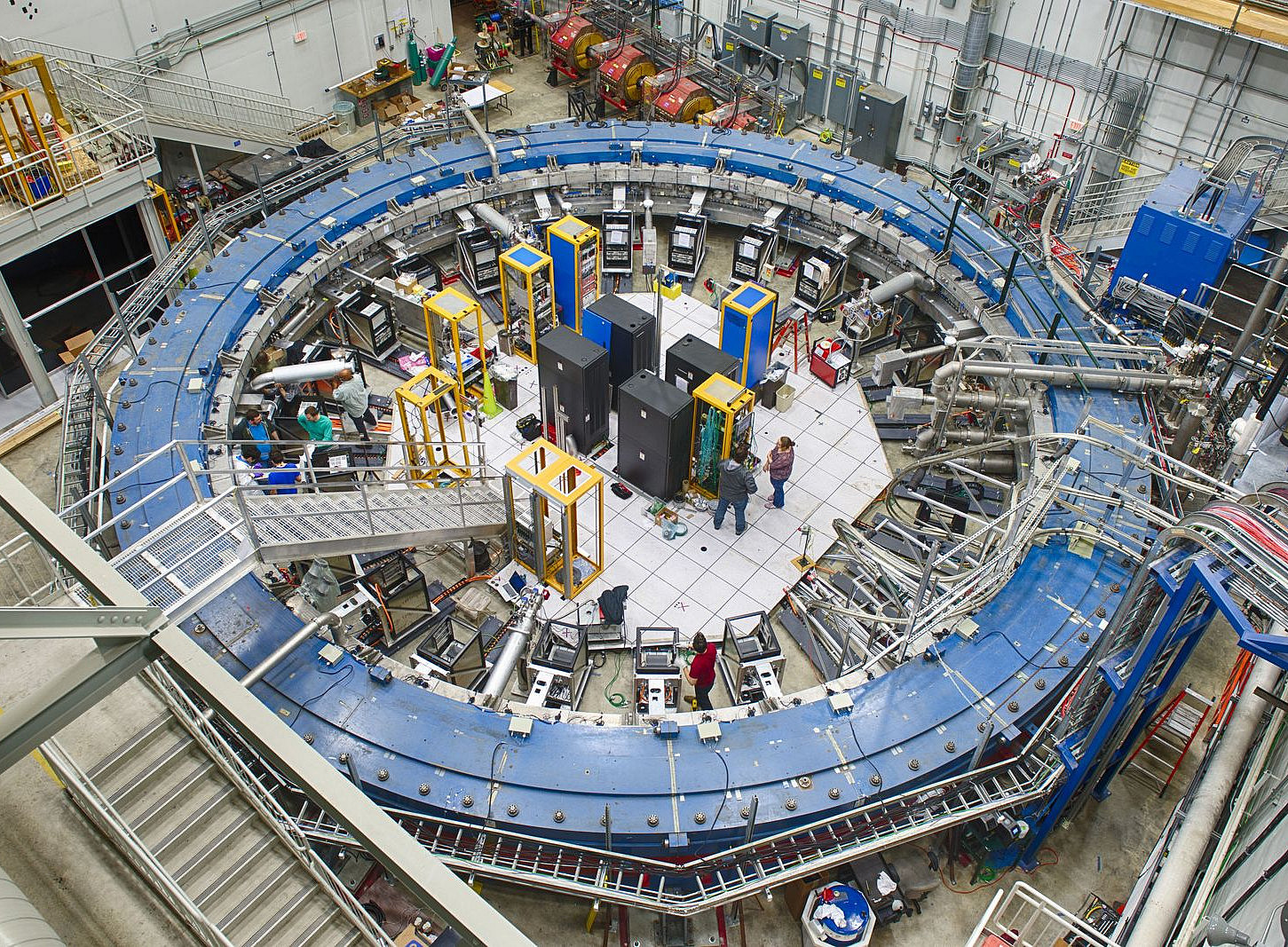New theoretical calculations explain previously puzzling measurement deviations related to muons. A team from the University of Graz contributed
The Standard Model of elementary particle physics is considered the most precise theory currently available for describing the microscopic world. With the exception of gravity, it comes unsettlingly close to the idea of a “theory of everything” that unites all natural phenomena — and for decades, no better theory has been in sight.
All the more attention, then, was drawn to a persistent anomaly in the magnetic properties of the muon. This particle is similar to the electron but nearly 200 times heavier. Unlike the electron, it does not naturally occur on Earth, but is produced in the upper atmosphere by cosmic rays — or artificially in particle accelerators.
Of particular interest is how muons behave in magnetic fields. In measurements at Fermilab in the U.S., the magnetic moment of the muon consistently appeared to deviate from the value predicted by the Standard Model. Over the past few years, this deviation had been confirmed with increasing precision, raising hopes for signs of previously unknown physics.
To get to the bottom of the issue, an international research team examined the theoretical side of the anomaly. More than 200 scientists participated in the Muon g-2 Theory Initiative, including groups from TU Wien, the University of Vienna, and the research group of Gernot Eichmann at the University of Graz. A new study has now been submitted for publication. The biggest uncertainty in the theoretical prediction stems from Quantum Chromodynamics, the theory of the strong interaction. Using computationally intensive lattice calculations — whose precision has significantly improved in recent years — researchers were now finally able to achieve agreement with the experimental value. This resolves the longstanding discrepancy concerning the muon's magnetic moment, and the Standard Model of particle physics has been — once again — spectacularly confirmed.
